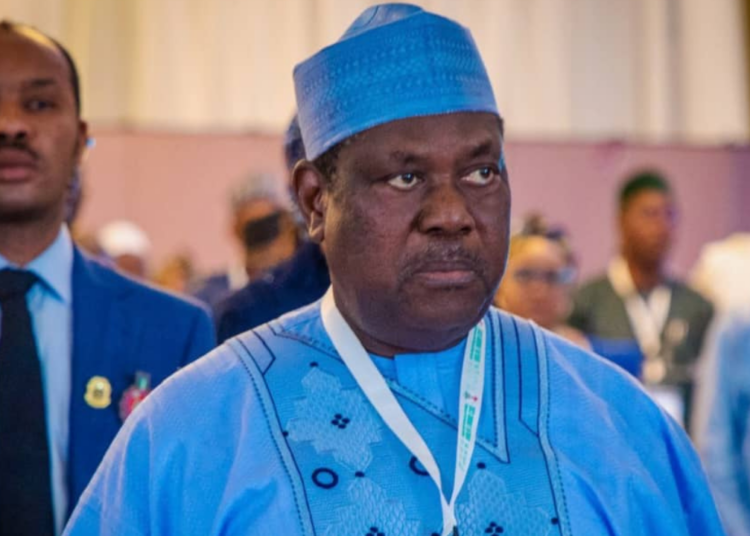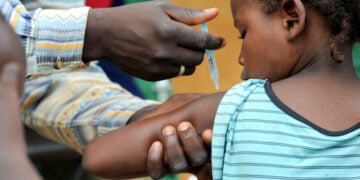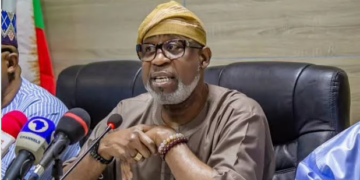In a move towards revitalising Nigeria’s energy sector, the Federal Government has revealed its plan to overhaul the structure and coverage of the Electricity Distribution Companies (DISCOs).
Secretary to the Government of the Federation (SGF), George Akume, disclosed this in a communique after a three-day Ministerial Retreat at the Presidential Villa, Abuja.
In his address, Akume summarised key recommendations from the retreat, unveiled a series of strategic initiatives under the Renewed Hope Agenda, with particular focus on reforming the nation’s power distribution network.
According to him, the proposed measures include: “Develop a 10-year plan to increase power generation capacity in line with the country’s needs,” showcasing a long-term vision for an energy-sufficient Nigeria.
“Set up a super grid in line with the nation’s generation targets and create semi-autonomous regional grids,” indicating a more efficient and decentralized power distribution system.
“Revive power plant projects that have been previously paused, including the Ajaokuta Steel plant,” reflecting the government’s commitment to revitalize stalled energy projects.
Other recommendations included proposals to enhance transparency and efficiency in government operations.
Akume said some key suggestions were to “raise the approval threshold for public procurement” to foster open bidding and transparency, and to “submit memos to the cabinet office ahead of time” for thorough analysis before Federal Executive Council (FEC) meetings.
He said this reflects a commitment to informed decision-making and adherence to due process.
Additionally, the SGF emphasised the need to “improve alignment of the budget for the MDAs to the president’s vision and strategic goals,” thus ensuring that budget allocations are closely linked to national development priorities.
To expedite information flow, ministers presenting memoranda at FEC meetings will be accompanied by their permanent secretaries.
He said the government also intends to evaluate the effectiveness of previous Federal Government Intervention Programs and establish measures to “accelerate prosecution of individuals, including lawmakers, who do not complete contracts awarded to them.”
The Renewed Hope Agenda, as outlined by the SGF, focuses on seven core areas with specific policies and priorities.
Among them, the commitment to “Reform the Economy to deliver Sustained Inclusive Growth” is notable.
He said the government aims to reform the tariff structure to promote trade while supporting domestic production and incorporating more equity financing, reducing reliance on debt financing for fiscal operations.
In the realm of national security, he said the government plans to “intensify efforts to block revenue leakages in the police force” and foster a collaborative approach at the state level to address security challenges.
The SGF also emphasised the importance of “prioritizing the clean-up of Ogoni communities” in a move to ensure environmental sustainability.
He said agriculture is a key focus, with initiatives aimed at increasing agricultural yield through technology, preventing desert encroachment in northern Nigeria, reducing post-harvest losses, and enhancing dry-season farming.
He said the government’s comprehensive approach also extends to education, health, and social development, with plans to encourage investment in the sports sector, accelerate the attainment of universal health coverage, and address humanitarian crises at the grassroots level.
Improving governance and service delivery is another priority, with proposals for digitization, capacity building, and performance-based compensation for civil servants.





